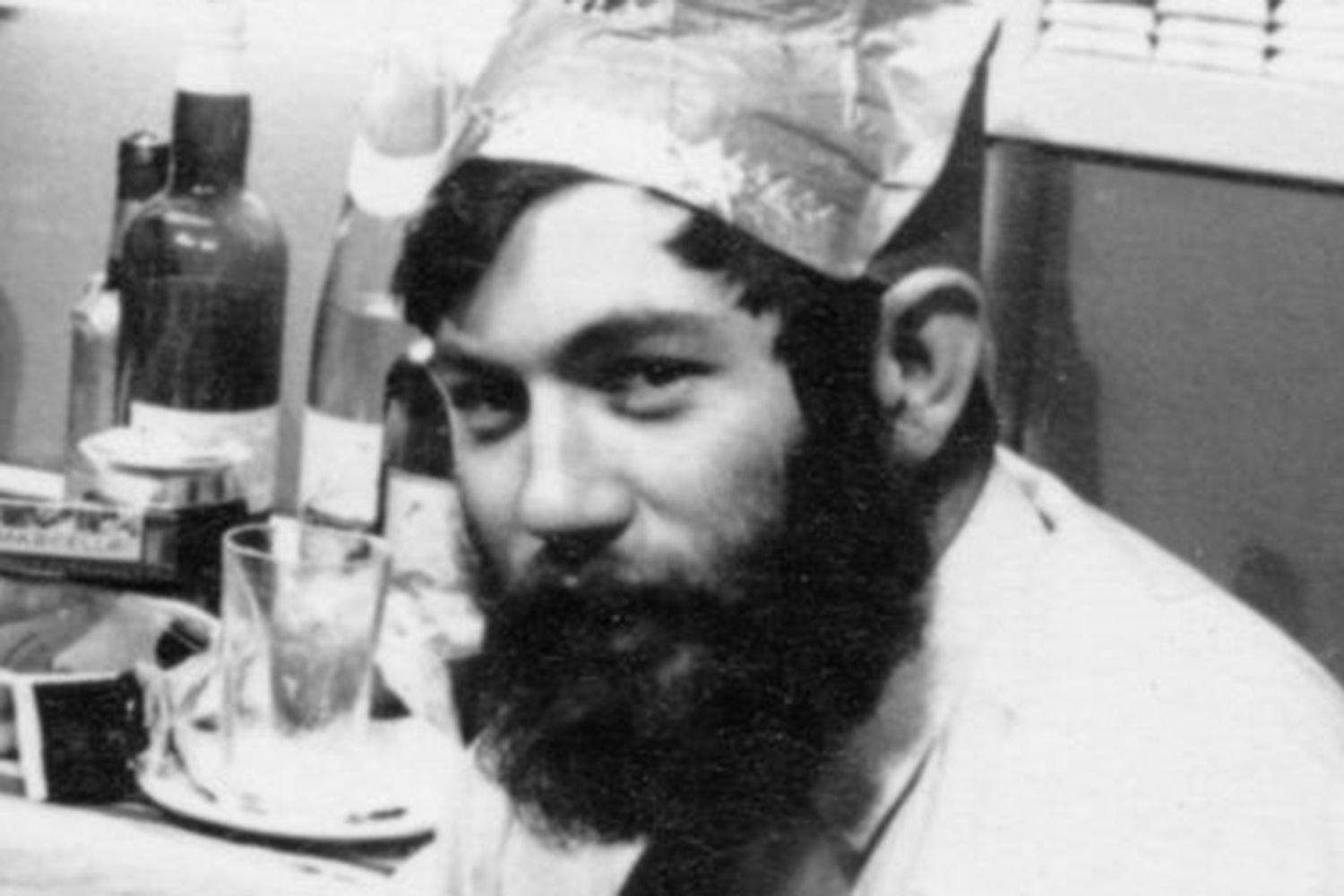Physical Address
304 North Cardinal St.
Dorchester Center, MA 02124
Physical Address
304 North Cardinal St.
Dorchester Center, MA 02124

:max_bytes(150000):strip_icc():format(jpeg)/dennis-bell-Who-Died-in-Antarctic-Glacier-remains-Uncovered-65-years-Later-081225-bd7e0a7d109745b7bd222343bb2f5193.jpg)
The remains of a 25-year-old researcher who died on a glacier near the Antarctic Peninsula in July 1959 have been located and identified more than six decades later.
Experts say that the legs belonged to Dennis ‘Tink’ Bell, a meteorologist who had worked for a precursor to the British Antarctic survey when he fell into a crack on a King George Island glacier and died. His remains, exposed when the glacier waned, was not recovered until this year.
The discovery of the ecology glacier was made by workers from Henryk Arctowski Polish Antation at King George Island on Sunday, January 19 statement This week.
DNA testing confirmed his identity with samples from his surviving siblings, David Bell and Valerie Kelly.
“I had long given up to find my brother. It’s just remarkable, surprising. I can’t get over it,” David Bell told us, 86 BBC News. He now lives in Australia.
In addition to the remains, the British Antarctic survey says that more than 200 other objects have been located, including pieces of radio equipment, a flashlight, ski rods, a wristwatch, a knife and a pipe.
“When my sister Valerie and I was announced that our brother Dennis had been found after 66 years, we were shocked and surprised,” David Bell said in the base statement. “The British Antarctic survey and the British Antarctic Monument Trust have been a huge support and together, with the Polish team’s sensitivity to bring him home, has helped us to meet the tragic loss of our brilliant brother.”
Dennis, who grew up in London, was stationed in Admiralty Bay for a two -year assignment when the deadly event occurred, Bas said.
“The confirmation of the remains found at Ecology Glacier like those from Dennis ‘Tink’ Bell is both a gripping and deep moment for all of us at British Antarctic Survey. Dennis was one of the many brave FIDS staff who contributed to early science and exploration of Antarctic diocesan,” said professor, “said professor,” saying, “saying,” said professor.
“Although he was lost in 1959, his memory lived among colleagues and in the legacy of Polar research,” continued Francis. “This discovery gives the closure of a decades long mystery and reminds us of the human stories embedded in the history of Antarctic science.”
Dennis had intended to conduct an investigation and geological work together with the meter Jeff Stokes on the day he died, according to base. As the men rose the glacier and their dogs tired, Dennis pressed without his skis as he fell into the crack. Stokes called him and Dennis could originally answer.
British Antarctic examination
Stokes dropped a rope down and attach it to the team of dogs while Dennis tied it to his belt. As the dogs pulled and Dennis approached the top, his belt broke and he sank again. After the second fall, it was only silence when Stokes shouted at him.
Never miss a story – register for People’s free daily newsletters Keeping up to date on the best of what people have to offer, from celebrity news to compelling stories of human interest.
Russel Thomson, who worked on the base with Dennis, remembered his friend’s joke and “huge, huge characters.”
David told the BBC that he and his sister have plans to put their siblings to rest in the wake of the discovery.
“It’s wonderful, I will meet my brother,” he told the outlet. “You can say that we should not be happy, but we are. He has been found – he has come home now.”